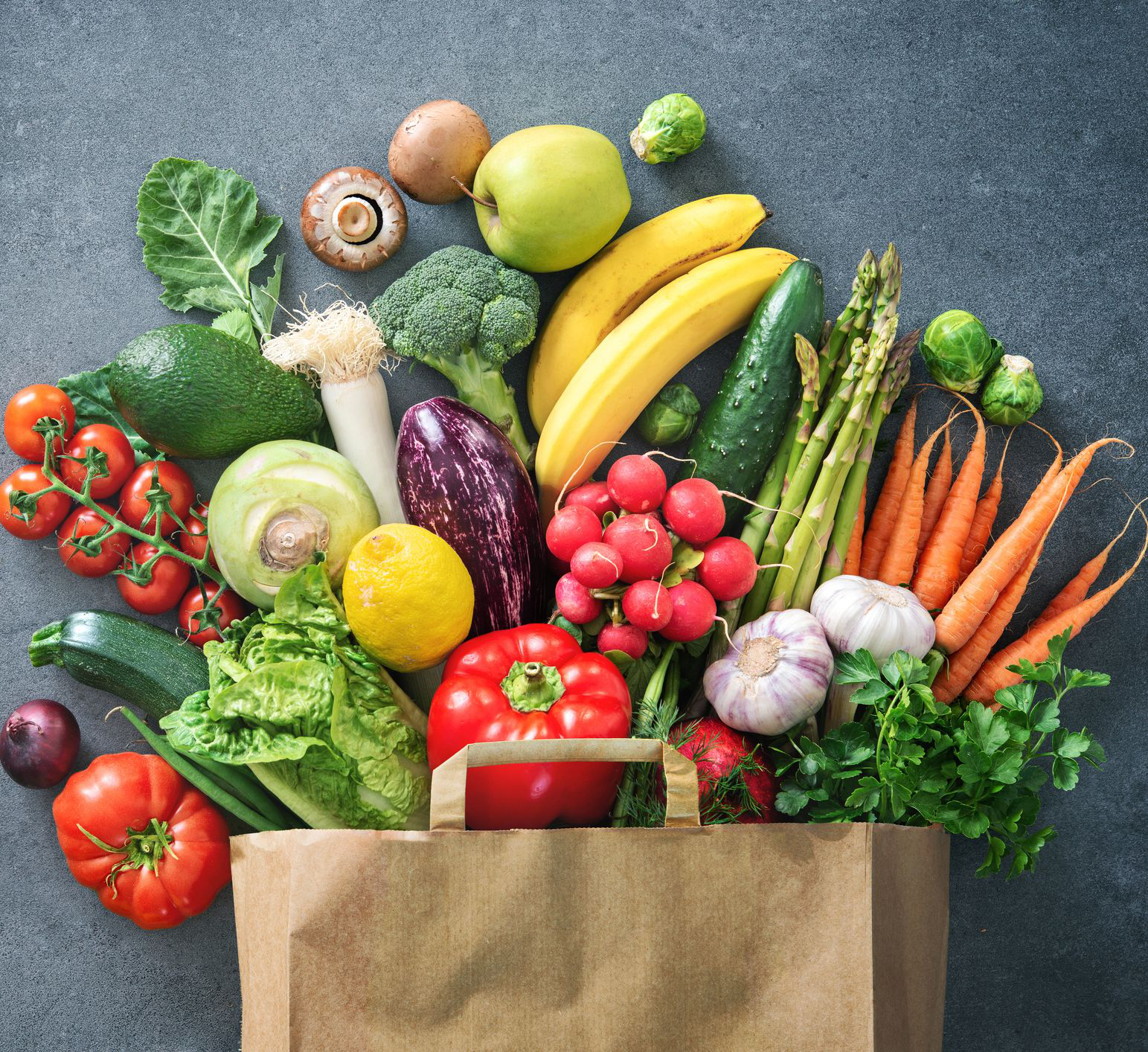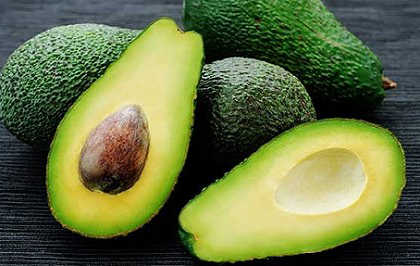Nutrition
Nutrition is a complex subject! Unfortunately, the overwhelming difference between advice can lead to overwhelm and drastic ‘diets’ – many of which are unsustainable long term. When it comes to nutrition, we find that a whole-food approach is best and it’s helpful to break it down into some basic groups (note: these may not be the groups you are familiar with on the old food pyramid!)
Protein
Protein is important for several reasons, including rebuilding muscle, stabilising blood sugar and creating all of our necessary hormones, enzymes and antibodies. Ideally, try to incorporate protein into each meal as a main dietary building block. How often you eat it should be based upon your exercise and energy demands – if you are pregnant, you’ll need a little more. If you work out every day, you will also need more.
Protein is best to come from whole food sources. Organic meats, sustainably caught fatty fish, nuts and nut butters, beans and legumes, full-fat dairy (ideally grass fed) and quinoa are all great sources of protein. Alternative milks can also provide some protein – check to see that they have more than 7g of protein per serving – coconut and hemp milks often tick this box.
Green Vegetables

Green vegetables provide more nutrients and fibre than any other food group.
Green vegetables should be eaten as often as possible and ideally would make up a third of your daily food intake – they provide more nutrients and fibre than any other food group. A good way to incorporate it into your diet is to make up a daily salad mix that offers a variety of greens and a range of nutrients within one salad. Peas, kale, green beans, spinach, lettuce, brussels sprouts, cucumbers, asparagus, rocket, cabbage, broccoli, zucchini are great examples of green veges. Ideally, homegrown, locally grown or organic is best.
Antioxidants
Antioxidants are your body’s first line of defence when it comes to free radicals. They can help to reverse the ageing process internally. Generally, if you have a fruit or vegetable that is colourful – it is packed full of antioxidants! Examples of these are apples, blueberries, cherries, cranberries, mangos, raspberries, capsicum, tomatoes, carrots, kumara, eggplant, beetroot.. basically anything that is dark red, blue or purple. And the most important one of all – Dark Chocolate! Red wine may also be included in this category…in moderation of course.
Whole Grains
Carbohydrates are necessary for a healthy body (and they shouldn’t be the enemy!). They fuel your body, especially your brain and central nervous system. Ideally whole grains are eaten in smaller amounts than most people typically consume. Quinoa, amaranth, corn, whole-grain rice, bulgur wheat (where regular flour comes from) and oats are all included in this category. While quinoa is technically a seed, it is packed full of fibre as well as protein and other minerals which is why it is often referred to as a superfood.
Fermented Foods
Many studies have shown a link between fermented foods and improved overall health due to the natural probiotic content that encourages healthy gut flora. Foods such as Sauerkraut, kimchi, good-quality yoghurt, kefir, tempeh and miso are all great examples of fermented foods that can be incorporated into your diet. Only a small amount per day can help keep your digestion working well and can help your immune system stay strong. Be careful not to overdo it, and when starting out – go slow!
Healthy Fats

Avocado is a great source of healthy fats
We all know that fat gets a bad rap, but fat is a vital part of a healthy digestive system. Fats are also crucial for developing children’s brains as well as supporting the immune system, hormonal transport and organ systems. Fat helps us to absorb vitamins and minerals, support blood clotting, building cells and muscle movement. Including fats in your diet can also help to balance blood sugar, decrease risk of heart disease and improve brain function. When choosing fats, try to go with quality fat such as grass-fed butter, coconut oil, olive oil, avocados, nuts and seeds. Avoid any fat that has been hydrogenated as this creates trans fat which is the unhealthy fat we are best to avoid (margarine, deep-fried foods etc.). A small bit of fat with each meal will also assist with digestion so an easy option is to drizzle your salad or pasta with a little extra olive oil, or put a side of avocado on to your plate when serving up.
Vitamins & Supplements
Vitamins are vital for health – the body needs these micronutrients to support it’s functions. There are 13 essential vitamins that the body needs that have to come from the diet, including Vitamins A, B6, C and D. Vitamins are essential for healthy vision, skin, bones and are powerful antioxidants. If you eat a varied, well-balanced diet full of vegetables and fruit, and have a normal and healthy functioning digestive tract, you likely do not need to take supplements. If you do need to, it should generally be short-term to support your body through a period of higher stress – like winter, pregnancy, and pre or post surgery. Omega fatty-acids is one of the supplements that we do often recommend taking. These are important for regulating our inflammation levels, hormones, and brain function. Fish oil is the most common source, but others include krill oil, flax seed oil, and avocado oil.
Minerals
Minerals support the body like vitamins do. They are essential for strong bones and teeth, regulation of metabolism and staying hydrated. Common examples are iron, zinc and magnesium – iron supports red blood cells and hormone creation, zinc supports the immune system and wound healing, and magnesium helps to relax muscles.
